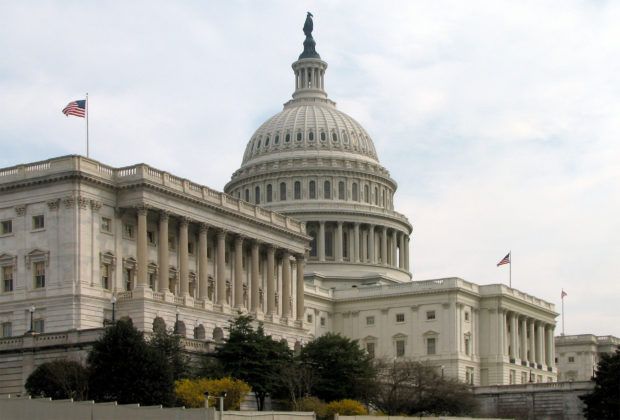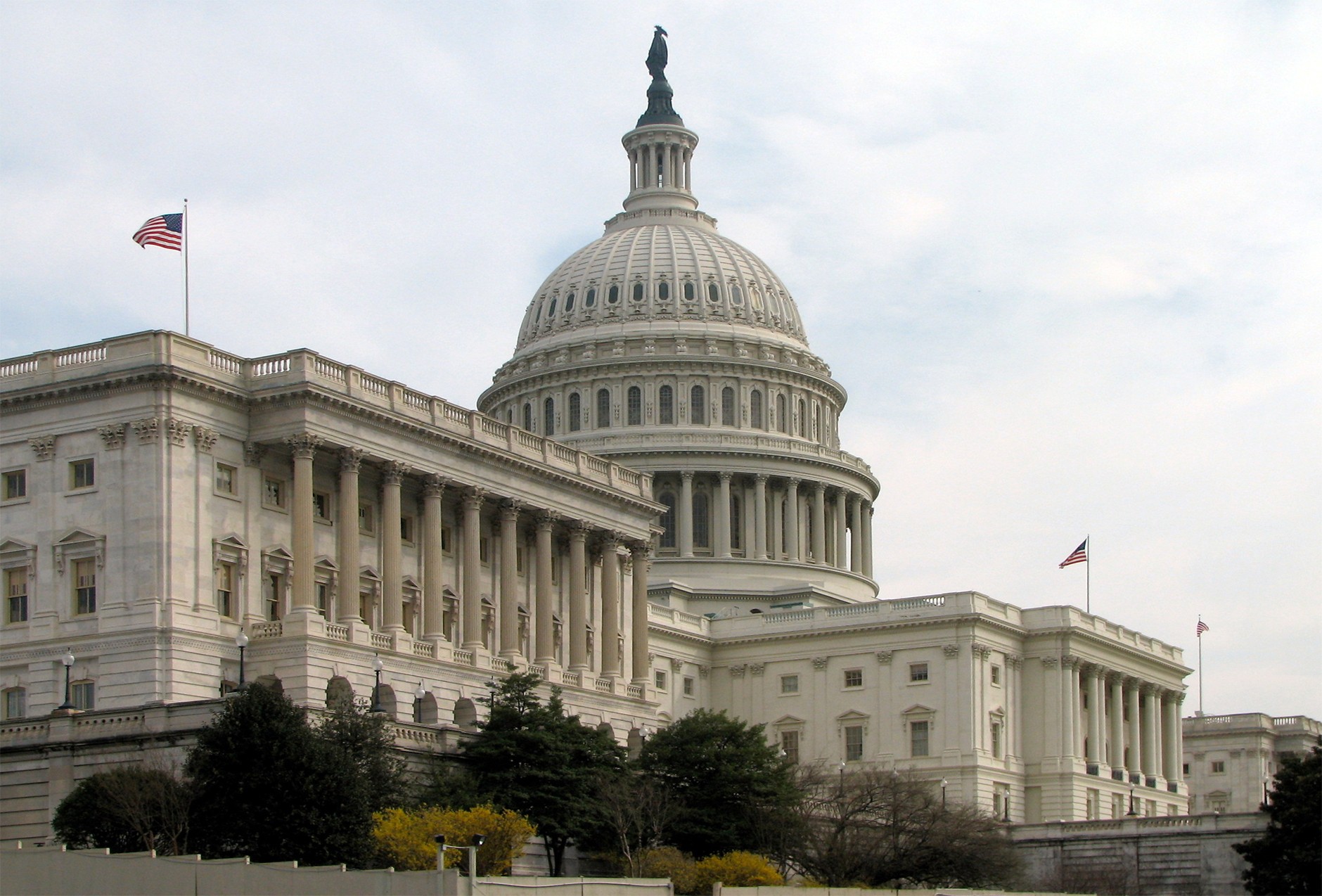A recent bill seeks to prevent tobacco and vaping companies from deducting their direct-to-consumer advertising expenses from a company’s taxes. The bill’s author is marketing it as an attempt to close a “loophole” that allows vaping companies to advertise, though the consequences could be extremely impactful for the cigar industry.
The No Tax Subsidies for E-Cigarette and Tobacco Ads Act, S. 464, was reintroduced by Sen. Jeanne Shaheen, D-N.H. If passed, it would modify the Internal Revenue Code of 1986 to no longer allow companies to deduct expenses of “direct-to-consumer advertising of tobacco products and electronic nicotine delivery system” from a company’s taxes.
“E-cigarette and Big Tobacco companies must be held accountable for their use of targeted advertisements towards young people. These dangerous products are fueling a public health crisis – especially among teenagers,” said Shaheen on her website. “Taxpayers should not foot the bill for these harmful marketing campaigns. That’s why I’m reintroducing this critical legislation, which will close a tax loophole that allows companies to write off the costs of their ads and hold e-cigarette companies responsible.”
Most forms of direct-to-consumer advertising of cigarettes are outlawed due to laws such as the 1970 ban on television advertising or rules included in the Master Settlement Agreement, which saw big cigarette companies give up the rights to things like Joe Camel, sports sponsorship and internet advertising. E-cigarettes and vaping products weren’t around when most of these federal laws and rules regarding tobacco products were enacted, meaning they often aren’t subject to them. As such, e-cigarette and vaping companies can advertise on television, have social media accounts or sponsor events.
Rather than outright banning vape companies from advertising—something that would be far more tedious—this bill would try to dissuade companies from wanting to do it by making it more costly.
Unfortunately, other tobacco products—cigars, pipe tobacco, hookah tobacco, etc.—that aren’t subject to the existing advertising bans would also be affected by the bill. That means this bill would likely have far wider consequences than what most people think of as advertising such as the ads you see on this website or in cigar magazines.
First, the bill’s definition of advertising could include the catalogs that many large retailers send to consumers. These would seemingly be considered advertising in the same way that a grocery store’s weekly flyer is an advertisement. Because of the way the bill is written, it would leave most of these decisions regarding what is and isn’t “direct-to-consumer advertising” up to the Internal Revenue Service (IRS).
The next large question would be whether this would also apply to the online storefronts themselves or just to the “advertising” of the online storefronts such as promotional emails or social media campaigns. It’s also unclear how the IRS would define “expenses relating to direct-to-consumer advertising of tobacco products”—including whether those expenses include a company’s employees and the other expenses related to their work.
If both the catalogs and online storefronts would fall under the definition, this bill would directly impact the costs associated with more than half of the cigars sold in America.
For context, Scandinavian Tobacco Group—which owns retailers such as Cigars International, Cigar.com, Cigarbid.com, Thompson Cigar, PipesandCigars.com and Cigora—recently said that 92 percent of its retail sales in 2022 took place via its online store, catalog or telelphone. It also said that it has nearly 1 million retail customers in North America.
Smaller retailers, even ones that don’t have an online store, would also be affected as they would no longer be able to write off many marketing expenses which could include things like event sponsorship or even their own websites. It’s also unclear how the IRS would interpret consumer-focused events in this context.
The bill only targets “direct-to-consumer” advertising, meaning that trade marketing—things from a cigar company targeted towards a retailer like a trade show—would presumably not be subject to these rules.
In addition to Shaheen, Sen. Richard Blumenthal, D-Conn.; Sen. Sherrod Brown, D-Ohio; Sen. Dick Durbin, D-Ill.; Sen. Jeff Merkley, D-Ore.; and Sen. Jack Reed, D-R.I. are listed as co-sponsors. All five, along with Sen. Chris Van Hollen, D-Md., were listed as co-sponsors of the previous bill, S.5213.
The current bill, S.464, has been sent to the Senate Finance Committee.
Featured Image By Scrumshus (Own work) [Public domain], via Wikimedia Commons



